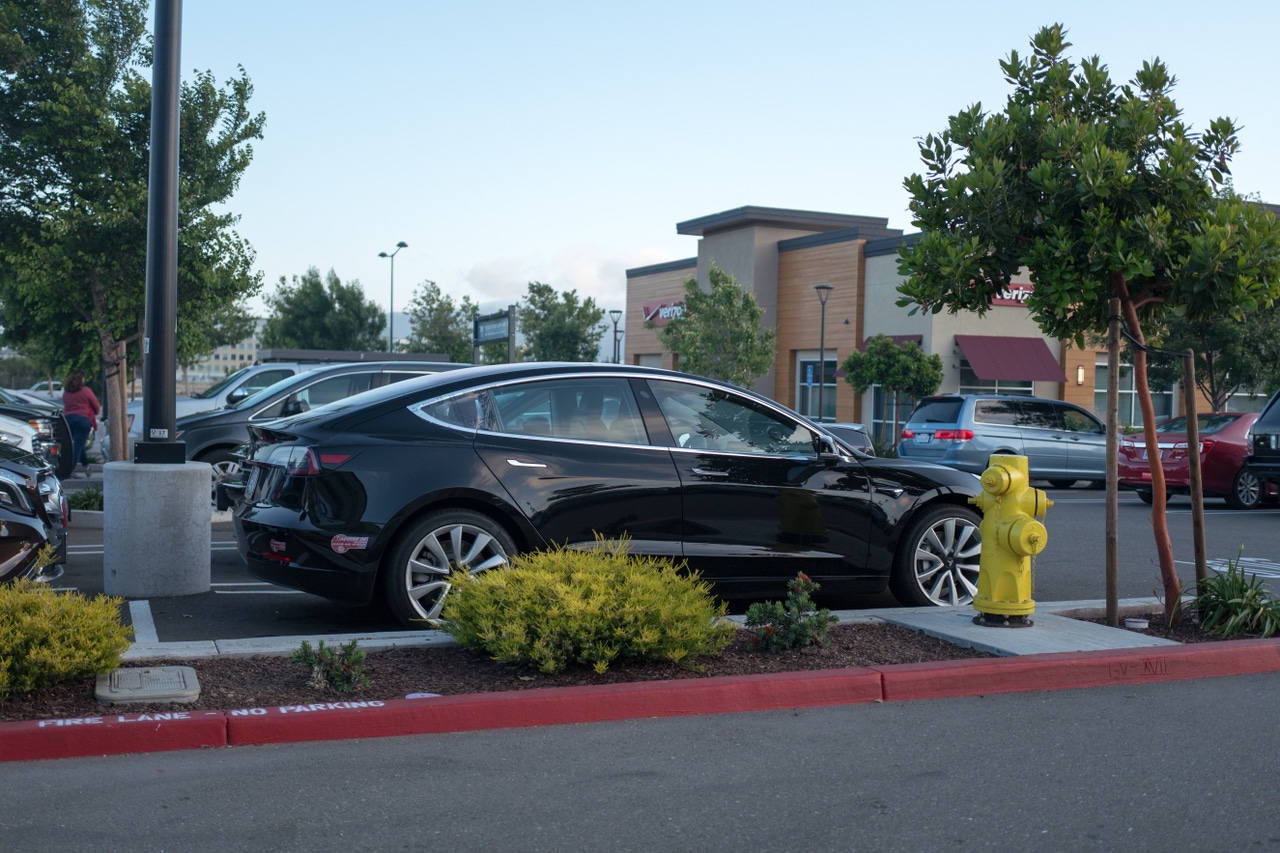More Self-Driving Cars Could Hit the Road With New Rules
The National Highway Traffic Safety Administration proposed new frameworks for self-driving vehicle operators

Federal auto regulators are proposing new rules that could make it easier to deploy fully autonomous vehicles (AVs) at scale.
On Dec. 20, the National Highway Traffic Safety Administration (NHTSA) proposed a voluntary review and reporting national framework for operators of vehicles with autonomous driving systems, including those without conventional controls such as steering wheels and pedals.
Currently, vehicles of this nature – such as the Origin that General Motors’ Cruise developed – are considered “non-compliant” and require exemptions from the NHTSA. However, the new framework would remove the need for these.
In return, though, the new ADS-equipped Vehicle Safety, Transparency and Evaluation Program – known as AV STEP – would demand more data from the self-driving car companies.
NHTSA Chief Counsel Adam Raviv explained: “AV STEP would provide a national framework at a pivotal time in the development of ADS technology. Safe, transparent and responsible development is critical for this technology to be trusted by the public and reach its full potential.
“This proposal lays the foundation for those goals and supports NHTSA’s safety mission.”
The NHTSA believes that AV STEP would deliver more transparency and allow it to oversee self-driving tech as it continues to mature, although this would be contingent on the increased supply of data which the agency says is “fundamental” to its work.
The NHTSA would expect to be supplied with data concerning the “safety of the design, development, and operations” of AVs. Program participants would also be asked to supply additional information when requested. And the agency would reserve the right to make public any info it deemed relevant.
In theory, the program should be welcomed by self-driving car manufacturers and operators, who have been frustrated by the lack of a clear national framework up to this point. Currently, driverless cars do not have to conform to the Federal Motor Vehicle Safety Standards that apply to conventional passenger cars before they can go on sale. Instead, they need one of the aforementioned exemptions, which have proven very hard to come by and are capped at 2,500 vehicles per company.
This has, inevitably, slowed the roll-out of the tech.
However, the timing of the NHTSA announcement is somewhat curious, given that Joe Biden is shortly about to leave the White House, to be replaced by the incoming Donald Trump.
Already there have been rumors that the Trump administration is considering ditching the current regulatory requirement for automakers to self-report crashes of cars fitted with automated driving systems, which seems at odds with the NHTSA’s desire for transparency. What Trump’s position might mean for AV Step, then, remains to be seen.
The NHTSA proposal was criticized by the Advocates for Highway and Auto Safety organization, whose president Cathy Chase said: “[AV STEP] ignores the havoc created by vehicles with ADS already on the roads and opens the floodgates for more of them with even fewer safety protections. The promise of data collection should not come at the peril of all road users.”
About the Author
You May Also Like



.jpg?width=700&auto=webp&quality=80&disable=upscale)




